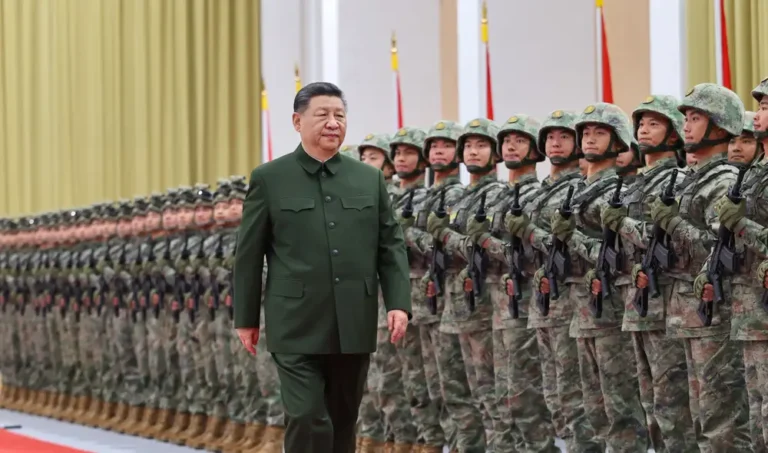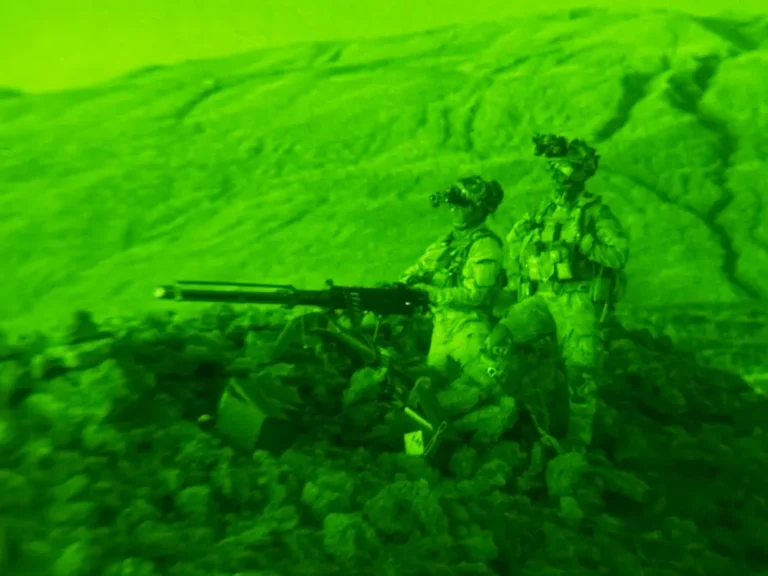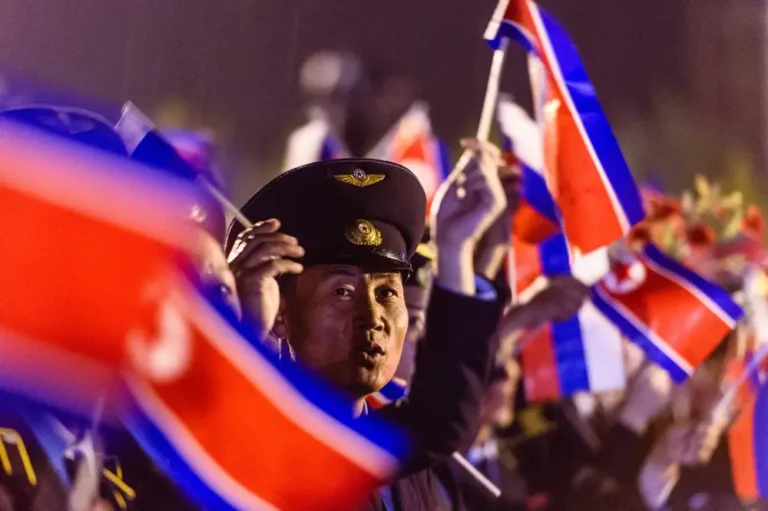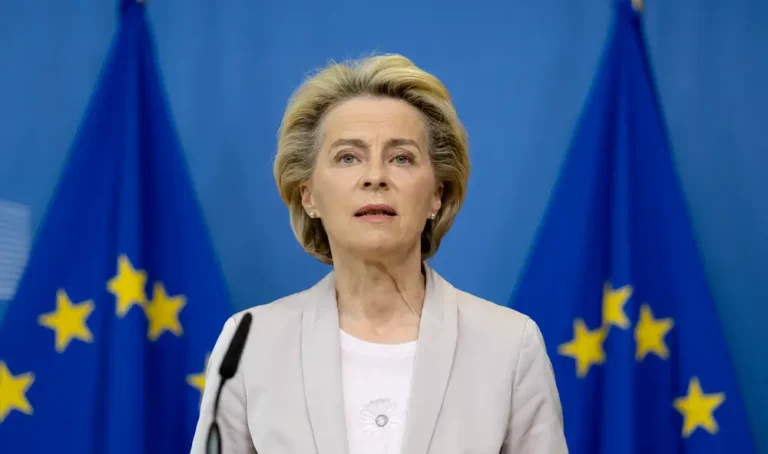Satellite images show Russia defying sanctions to give North Korea 1 million barrels of oil: report
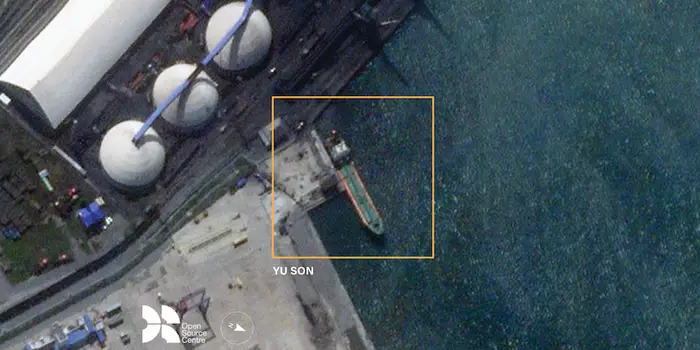
In this satellite image marked up by Open Source Centre, the North Korean-flagged tanker Yu Son has been highlighted at Russia’s Vostochny port.
An analysis of satellite images shows Russia defying sanctions to supply North Korea with at least one million barrels of oil this year, according to a new report.
The findings underscore the increasing partnership between the two states, and the extent to which Russia is willing to flout international norms to pursue its war in Ukraine.
The investigation, published jointly by the BBC and analysts at the UK-based Open Source Centre, used aerial and satellite images to track tanker shipping routes between Russia’s port of Vostochny, in the country’s far east, and five separate North Korean ports and oil terminals.
In the imagery, vessels would set out from North Korea riding high in the water, but on their return would appear fully laden, the group said.
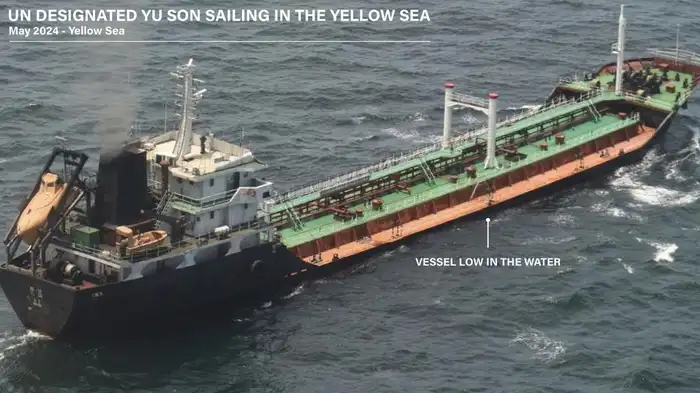
In this image marked up by the Open Source Centre, the Yu Son was deemed to be carrying oil to North Korea.

In this image, the Yu Son looks empty.
The oil is payment for weapons and troops sent to aid Russia’s war in Ukraine, the UK’s foreign secretary, David Lammy, told the BBC.
Open Source Centre used the imagery to estimate that between March and November this year, Russia provided North Korea with at least a million barrels of oil — double the amount that North Korea is allowed to import under UN sanctions.
The UN Security Council — of which Russia is a permanent member — sanctioned North Korea in December 2017, forbidding the transfer of more than 500,000 barrels of oil a year to the state.
In March this year, Russia vetoed a UN Security Council resolution to extend the mandate of the expert panel tasked with monitoring the sanctions, effectively disbanding it.

Russia’s Vostochny port in 2008.
The Open Source Centre and BBC investigation, which B-17 has not independently confirmed, appears to back up assertions made by a US official in May.
The unnamed official told Reuters that in March alone, more than 165,000 barrels of refined petroleum had left Vostochny headed for North Korea, and that “Russian shipments have already pushed DPRK imports above the 500,000-barrel annual cap.”
The new findings also give further insight into the continued material exchanges between Russia and North Korea.
Analysts have warned for months about the growing partnership between the two countries.
North Korean leader Kim Jong Un, who signed a mutual defense agreement with Russian President Vladimir Putin in June, has supplied vast amounts of ammunition and — it is believed — artillery to Russia to help in its invasion of Ukraine.
Around 11,000 North Korean troops have also been sent to fight, according to Ukraine, with reports suggesting that as many as 100,000 could be deployed within a year.
The two states have not made clear what the terms of the exchange are, but South Korean intelligence has estimated that it could be receiving about $2,000 per soldier a month, as well as food and access to advanced technology.
Earlier this year, a Carnegie Endowment analysis said the partnership was taking shape against the backdrop of the “slow and irreversible breakdown of the Kim dynasty.”
But the oil transfers give North Korea “a level of stability it hasn’t had since these sanctions were introduced,” Joseph Byrne, one of the authors of the Open Source Centre report, told the BBC.
Analysts have previously told B-17 that the relationship between the two states is largely transactional, but that for Kim it’s a “win-win” as he gains access to much-needed resources.
Kim is “getting paid, getting access to foreign technology,” Joseph S. Bermudez Jr., a North Korea defense expert at the Center for Strategic and International Studies, told B-17 last month.

